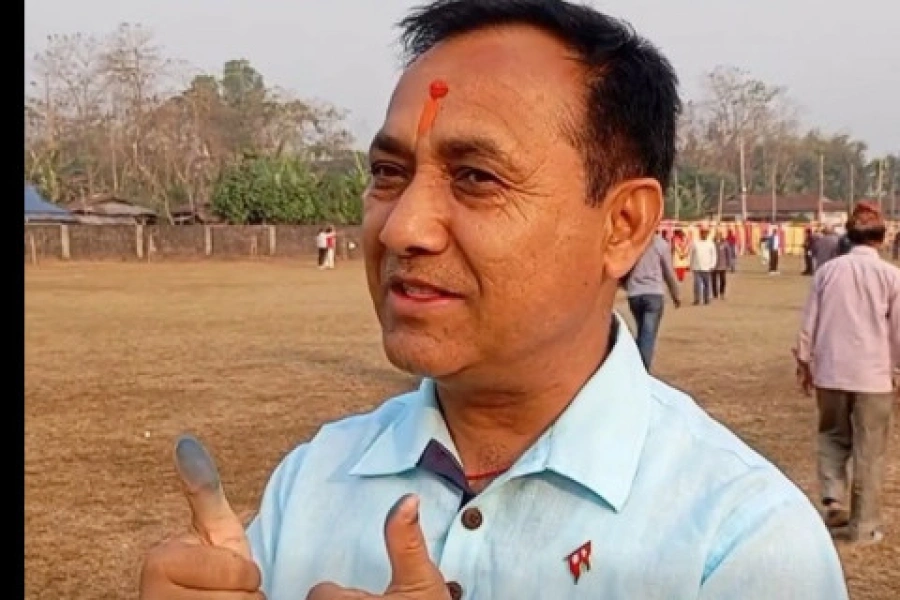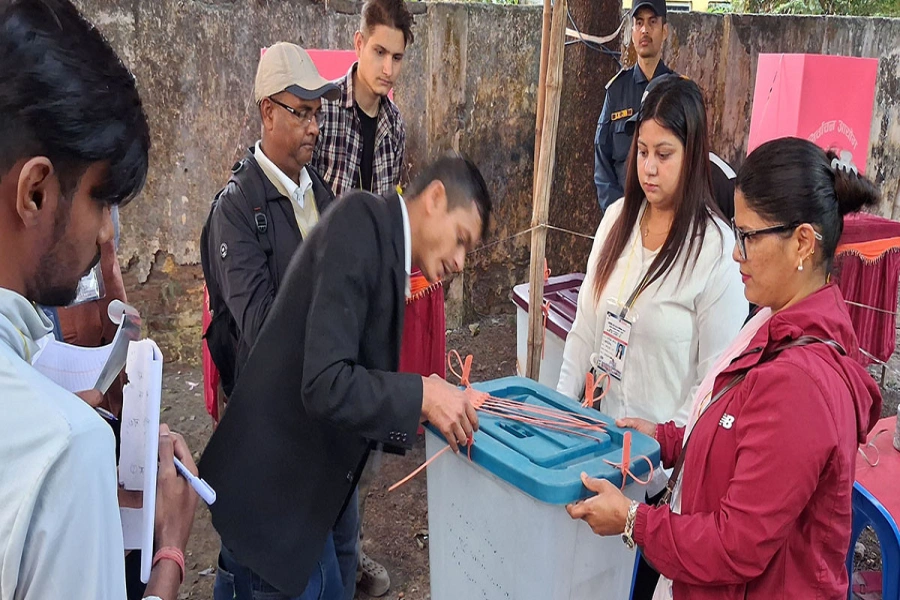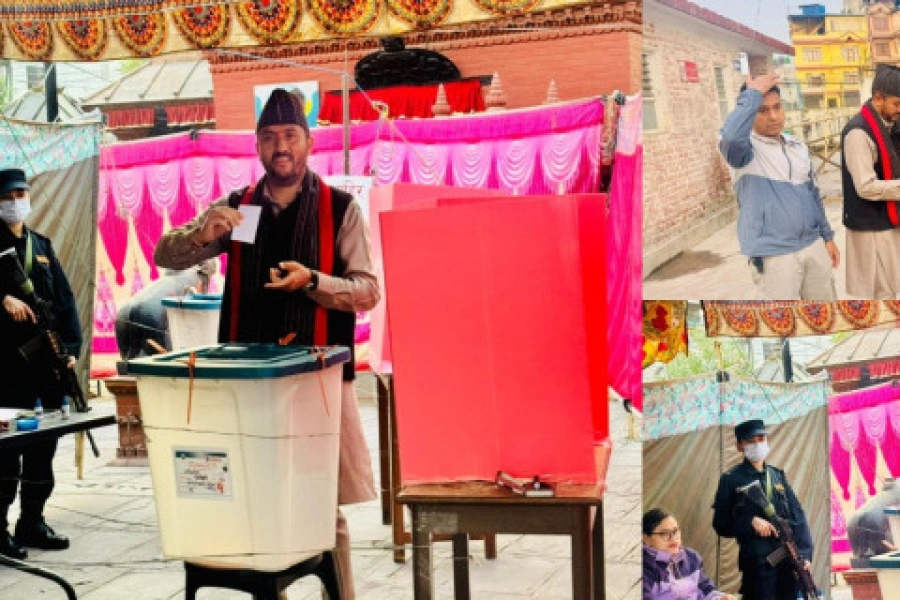TOKYO, Sept 8: The official campaigning to head Japan’s ruling party began Tuesday with the longtime right-hand man of Prime Minister Shinzo Abe now seen as a top candidate and his likely successor to lead the government.
Chief Cabinet Secretary Yoshihide Suga, 71, formally submitted his candidacy for the Liberal Democratic Party leadership Tuesday after announcing his intention to run last week. The top government spokesman faces two younger contenders, former Defense Minister Shigeru Ishiba and former Foreign Minister Fumio Kishida, both 63.
The winner of the in-party vote on Sept. 14 will eventually become Japan’s next prime minister because of the ruling bloc’s parliamentary majority. Abe is stepping down for health reasons.
Japan's Suga to join race to succeed PM Abe - Kyodo

Suga is a latecomer favored among party heavyweights as the best candidate to continue Abe’s policies and have reported lined up to support him in hopes of getting favorable party and Cabinet posts in his administration. Newspaper opinion surveys have also shown Suga surpassing the former favorite Ishiba among the public.
Suga pledged to carry out the challenges left behind by Abe, including measures on the coronavirus, the economic fallout and pursuing Japan-U.S. security alliance.
“I will succeed Prime Minister Abe’s policies and push them forward,” Suga said at a candidates’ speaking event. ”As we face the national crisis, we should never allow any political vacuum, and there is no time to waste.”
The son of a farmer in the northern prefecture of Akita, Suga is a self-made politician, a rarity in Japan’s largely hereditary business of politics and particularly makes a sharp contrast to Abe, the political blue-blood whose grandfather was also a prime minister.
Suga said he has never lost affection for rural communities like his hometown and endeavored to break down bureaucratic barriers to serve the need and interest of ordinary people, including in disaster prevention, lowering mobile phone fees and other policies.
Ishiba, who has long been seen as Abe’s rival, is vying for the party leadership for the fourth time, calling for a change to the Abenomics economic measures to focus more support for small businesses and low-income earners as well as rural areas.
Ishiba called for a “great reset” of Japan to rebuild its democracy that has become a mere majoritarianism and to address the economic disparity that widened during Abe’s rule.
Kishida, who is currently the party policy chief, says he seeks to be a leader who listens to the people’s voices more carefully than Abe and prioritize economic policies to address disparities. Kishida had been seen as a promising successor to Abe, but his status plunged over fumbled coronavirus policies within the party.






































